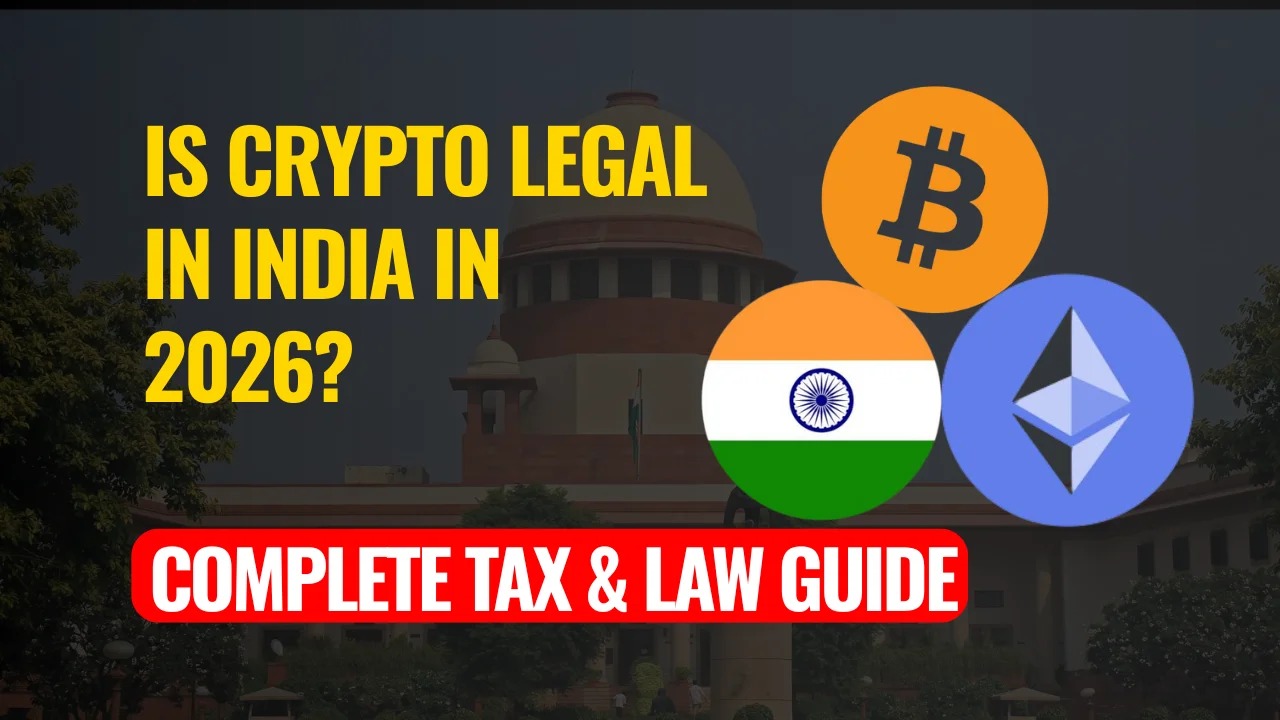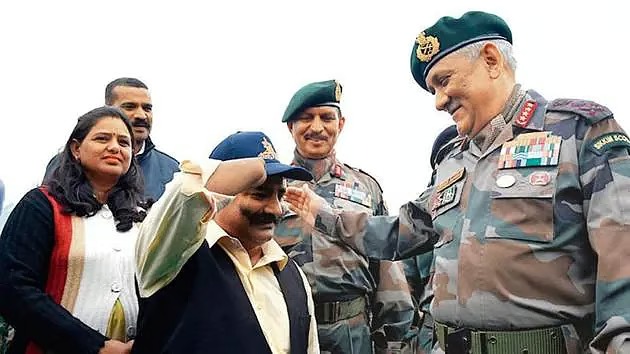1. By this common judgment and order I propose to dispose of 2 (two) writ petitions registered as Civil Rule No. 3524 and 3525 of 1993 and connected Misc. Case Nos. 1006 and 1007 of 1993.
2. The two writ petitions have been filed being aggrieved by the same order issued by the Govt. of Assam dated 1st December, 1993 vide Annexure B to the writ petitions asking the Director, Printing and Stationery, Assam to procure "only 1/4th of the total requirements of carbon papers from the local SSI Unit, M/s Poly Products on the basis of the Technical Committee''s approved rate by 6 (six) equal installments." In the said letter is it was mentioned that from assessment made from the indents received from the various departments it was found out that a huge quantity of carbon papers would be required for the year 199394 thereby a substantial amount would have to be spent leaving no scope for procurement of other stationery items during the above year.
3. The writ petitioner in Civil Rule No. 35�4 is a partner of a partnership firm and the authorised dealer of carbon papers produced by Kores India Ltd. The writ petitioner in Civil Rule No. 3525 of 1993 is the owner of the firm and is also an authorised dealer of the above company. Their grievance is that earlier they used to supply carbon papers on the basis of their tenders submitted in pursuance of tender notice issued by the Govt., but in the present case without calling for any tenders and without giving any opportunity, the above order has been placed with the above firm viz M/s Poly Products. The said firm has been impleaded as respondent No. 4 in both the petitions. In the writ petition,the quantity of carbon paper purchased for the years 199192 and 199293 has been stated. According to writ petitioners if the �of the total requirements of carbon papers is purchased for the year 199394 from the respondent No. 4. the entire allocation of the fund under the relevant head in the budget amounting to Rs. 1 (one) crore and above would be spent and thereby the petitioners and others would not be able to supply carbon paper or other stationery articks to the State Govt.
4. Both the petitions came up on 17.12.93 and the learned Govt. Advocate was allowed time to obtain instruction though no formal rule or notice of motion was issued. On that date it was also directed that no further purchase shall be made in pursuance of the above letter of the State Govt. dated 1st December lf>93. Respondent No. 4 have filed two petitions in the above two Civil Rules for vacating the above stay order and these petitions have been registered as Misc. Case Nos. 1006 and 1007 of 1993.
5. This matter came up and after hearing the learned counsel for all the parties it was decided to dispose of the matter finally keeping in view the urgency of the matter.
6. There is no dispute that respondent No. 4 is the only SSI Unit in the North Eastern Region producing carbon papers having its factory at Guwahati and this unit is a registered unit. The Govt. of Assam enacted the Assam Preferential Stores Purchase Act, 1989 and this Act replaced the earlier executive Rules viz Assam Preferential Stores Purchase Rules, 1972. From the preamble of the Act it appears that to encourage growth of industries in the State of Assam specially small scale and cottage industries by patronizing their products on preferential basis and to rationalise and the procedure ''for purchase of stores required by the State Govt. the above piece of legislation was enacted.
7. Reading sections 3 and 4 of the Act it follows that there shall be a Board to supervise and review proper implementation of the Act and rules framed thereunder and Board may constitute suitable Technical Committee consisting of the Director, representative of the major purchasing authorities and the concerned industries, Cost Accountants, Quality Control Officer for laying down the quality, specification, reasonable price of different items of stores subject to genera] or special direction of the Board. Section 7 of the Act lays down the preferences to be given to small industries, Khadi and Cottage Industries registered under the Act and reservation is done under section 6 of the Act. Clause (b) of subsection (1) of section 7, inter alia, provides that the items of stores mentioned in Schedule II shall be known as reserved item and shall be purchased by all requiring authorities from registered industries. Of course there is a proviso that the Director with the prior approval of the Chairman of the State Board can certify that the capacity of production within the State of any such item has exhausted and in that case purchase from open market as per usual procedure may be made so long the certificate remains valid. There is also a penal provision vide section 13 of the Act for noncompliance of the provision of the Act. It may be stated that by notification dated 1st January, 1991 the item ''Carbon Paper'' was included as reserved item under Schedule II of the Act.
8. From the records produced by the learned Govt. Advocate it appears that there was meeting of the Technical Committee constituted under the Act and in the said meeting prices of carbon paper of different types and sizes were fixed. From the impugned letter of the Govt. it is clear that State Govt. placed the order with the respondent No. 4 for carbon papers on the basis of rates approved by the above Technical Committee.
9. In view of the above Act, more particularly, the provisions quoted above it is absolutely clear that the unit of respondent No. 4 being the only registered SSI unit in the State has got a right to claim order for the reserved item ''Carbon Paper''. Therefore, it cannot be said that the impugned order is bad in law or arbitrary.
10. On behalf of the writ petitioners it has been urged that the impugned order is illegal, inasmuch as, there was violation of the principles of equality. In other words, by not inviting tenders, other person equally situated were deprived from giving their offer. Admittedly, writ petitioners are not manufacturers. Therefore, they cannot be treated as equal with respondent No. 4. Nowhere it has been stated that there is any other SSI or other units manufacturing carbon papers in the State of Assam. Therefore, the contention of the learned counsel for the petitioners cannot be accepted.
11. It has been urged on behalf of the petitioners that if the entire quantity is supplied by respondent No. 4, no amount would be available under the budget for the current financial year for purchase of other articles. In my considered opinion this is purely an administrative matter and the writ Court cannot interfere in this matter of policy.
12. Regarding non issuance of tender notice as urged by the learned counsel for the petitioner, I am of the opinion that it is not necessary to do so in view of the provisions of the above Act.
l3. Another contention on behalf of the writ petitioners is that in earlier year only 30% of the quantity required were to be purchased from the SSI unit and balance from the open market. This is again a matter of policy and that apart in deciding the quantity the State Govt. cannot give a gobye to the provisions of the Act.
14. The learned counsel for both the writ petitioners has urged that they supplied carbon papers prior to the impugned order, but no payment has yet been made. Therefore, if the payment is made to the respondent No. 4 no amount would be available to clear the balance amount due to the petitioners. In my opinion this is a valid point for which a direction is necessary,
15. It is, therefore, directed that respondent No. 1, shall first clear all arrears due payable to the writ petitioners for the supplies already made before making any payment to the respondent No. 4. This shall be done immediately and preferably within a period of 3 months.
With the above direction, the writ petitions are closed and disposed of. Stay order also stands vacated and accordingly both the Misc. Cases are also disposed of. No costs.

